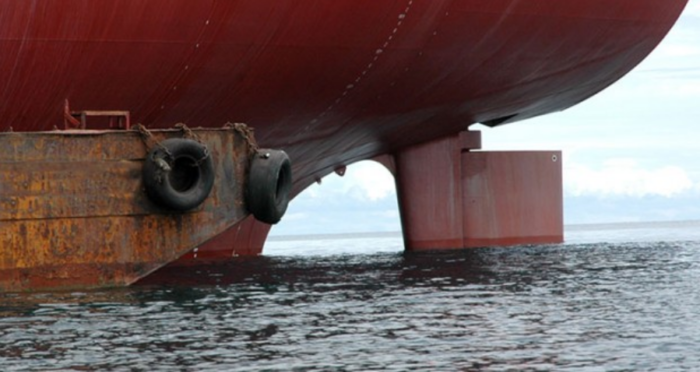To ensure the safety and security of vessels, ship-owners, operators, masters, and affiliated companies are strongly encouraged to prioritize the implementation of rigorous security measures aimed at preventing unauthorized access by stowaways during sea voyages or upon arrival at ports.
In particular, Panama Maritime Authority informs that the Master should always be aware of regional hot spots for stowaways and put in place measures to prevent stowaways gaining access to the ship when operating in high risk areas.
One of the functional requirements of the International Ship and Port Facility Security (ISPS) Code is preventing unauthorized access to ships. The ISPS Code requires a ship security assessment to be conducted which should consider all possible threats of unauthorized access, including presence of stowaways.
Prevention: The core strategy is to ensure that no unauthorized personnel are able to gain access to the ship, and that all those who have been authorized to board disembark before sailing and follow the procedures to ensure that there is a watchman on duty at every access point, which have to remain unlocked whilst the vessel is in port and that this watchman is familiar with the procedures when visitors, repairmen, stevedores etc. wish to come on board.
All vessels when calling ports and during their stay in ports, where there is risk of a stowaway embarkation, must implement preventive measures, as follows but not limited to:
- All doors, hatches and means of access to holds or stores, which are not used during the ship’s stay in port should be locked;
- Access points to the ship should be kept to a minimum and be adequately secured;
- Areas seaward of the ship should be adequately secured;
- Adequate deck watch should be kept;
- Boarding’s and disembarkations should, where possible, be tallied by the ship’s crew or, after agreement with the master, by others;
- Adequate means of communication should be maintained; and • At night, adequate lighting should be maintained both inside and along the hull.
The personnel on duty should ensure that all locks are locked and that places which cannot be locked are sealed with tamper-proof or wire seals. Different harbors and ports have different access points that are commonly used. In general, some access point entries can be:
- Climbing the mooring ropes,
- Climbing from the sea using hooks,
- Climbing the anchor chain, 21
- Boarding the vessel as stevedores with fake dock identification papers,
- Hiding inside empty containers,
- Hiding in loaded containers, cars, break-bulk,
- Hiding in container lashing bins or container spreader
Prior to departure the crew should conduct a thorough search of all compartments and the result should be recorded in the logbook. When possible, the ship’s rudder trunk should be checked for stowaways. The rudder trunk is a typical access point for stowaways and is very often used as hideout. Once the vessel has sailed and the outbound pilot is still on board, again; a search of all compartments should be considered. If stowaways are found at this stage they can be repatriated using the pilot boat.
The discovery of a stowaway indicates a breach of the Ship Security Plan (SSP). As such they should be investigated for their RSO to analyze the cause of the security breach in order to identify the actions necessary to prevent future stowaway occurrences. However the stowaway should be reported by the master
to the appropriate authorities.
Any stowaways found should be placed in secure quarters, guarded if possible, and be provided with adequate food and water. They, as well as the place they were found, should be searched for any identification papers. The stowaway should be questioned as to whether he is alone in this venture or if there are others. Where there is more than one stowaway, they should preferably be detained separately.
When a stowaway is found on board a ship, the Master should prepare a statement containing all available information relevant to the stowaway for presentation to the appropriate authorities at the port of embarkation, the next port of call, flag State and any subsequent ports. In this respect should be used and completed the following Stowaways Incident Report
If a stowaway should die during the voyage, the authorities at the next port of call, in co-operation with the relevant embassy, will decide how to proceed. However, this practice may vary from country to country Masters and Ship-owners are advised to seek the assistance of the vessel’s local agent and to follow the instructions provided by the local authorities and the embassy in question.






























































